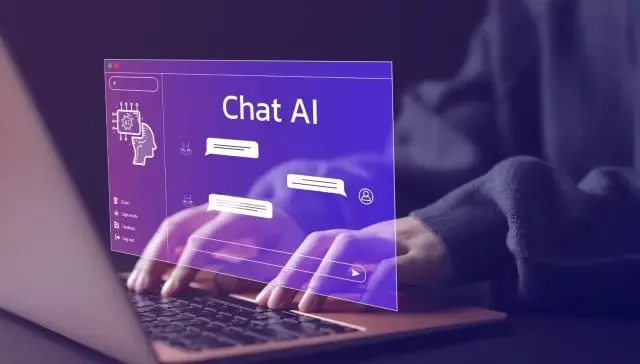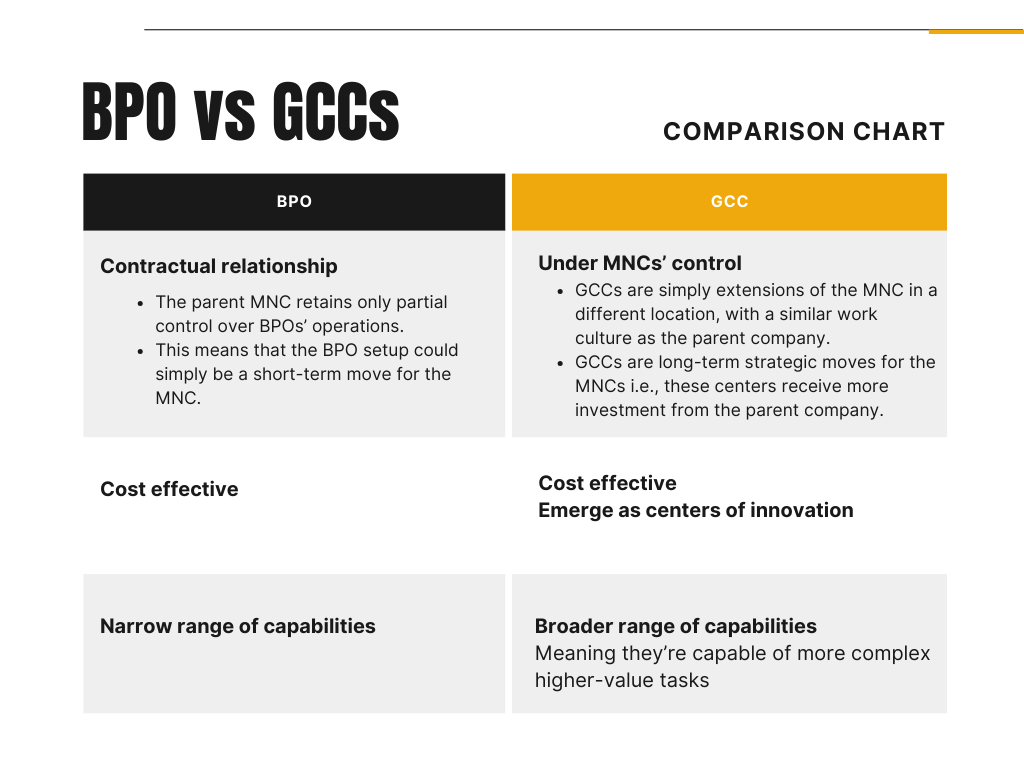
Generative AI: A Game Changer for Software Development
Generative AI promises to rewrite the way softwares are built and maintained.
Generative AI is more than just a buzzword; it’s a transformative force in the realm of full stack software development. By automating repetitive processes and increasing efficiency, generative AI is changing the way software developers work.
Understanding Generative AI
Algorithms that can produce original content are called generative AI. This may be pictures, sounds, text, or—most importantly in software development —code. Unlike traditional AI, which normally analyzes data to make predictions, generative AI creates new data. For developers, this means tools that can write parts of an application, design interfaces, and even optimize databases.
Generative AI produces high-quality outputs using deep learning models like Generative Adversarial Networks (GANs) and transformers. These models are trained on large datasets, allowing them to recognize and duplicate patterns in the data. As a result, they can create new, original material that is closely related to the supplied data.
Streamlining Development Processes
Perhaps, one of the biggest advantages of Gen AI is its ability to streamline the development process. Here’s how:
Code Generation: AI can generate boilerplate code, saving developers time and reducing errors. For example, tools like OpenAI’s Codex can write whole functions from simple descriptions. This means web developers can focus on more complex tasks rather than spending time on repetitive coding.
Automated Testing: Gen AI can create tests for code, identify bugs, and recommend fixes. This automation reduces the troubleshooting time and increases the reliability of applications. Tools like DeepCode and Testim use AI to provide smart code reviews and produce test cases, resulting in greater code quality and faster release cycles.
UI/UX Design: AI tools can create user interfaces based on user data, resulting in more intuitive and user-friendly designs. This enables full stack web developers to prioritize functionality over design details. For example, Adobe’s Sensei AI may assist designers build layouts and design components that appeal with users.
Addressing the Challenges
While gen AI offers numerous benefits, it’s important to address the challenges associated with its use:
Quality assurance: AI-generated code must be thoroughly inspected to guarantee it fulfills quality standards. Full stack developers and software testing analysts must be careful in identifying potential flaws and refining AI results.
Security Considerations: If AI tools are not used with caution, they can present security risks. Robust security mechanisms, as well as thorough security evaluations of AI-generated code should be implemented.
Ethical Implications: The use of AI raises ethical concerns, particularly in the job market. It’s important to consider the impact of AI on the software development job market and ensure that software developers can transition to new roles as needed.
The Future of Software Development with AI
The future of generative AI in software development sector looks really bright. Here are some probable advancements:
Intelligent IDEs: AI could make Integrated Development Environments (IDEs) increasingly smarter, providing real-time code suggestions, optimizations, and troubleshooting tips. Tools like as IntelliJ IDEA and Visual Studio Code are already using AI features to improve developer efficiency.
End-to-End Web or App Development: Generative AI could eventually handle projects, from initial design to testing and deployment, allowing developers to oversee the process and focus on strategic decision-making.
Personalized Learning: AI could provide personalized learning paths for software developers, suggesting resources and job-ready courses based on their skill set and career goals. Coursera and Udacity are already utilizing AI to recommend personalized learning experiences.
Generative AI is ushering in a new era for software development, with its ability to create code, automate testing, and enhance user experiences. As developers harness the power of AI, they can expect to see significant improvements in efficiency, productivity, and innovation. While challenges remain, the future of software development is undoubtedly intertwined with the advancements in generative AI.



